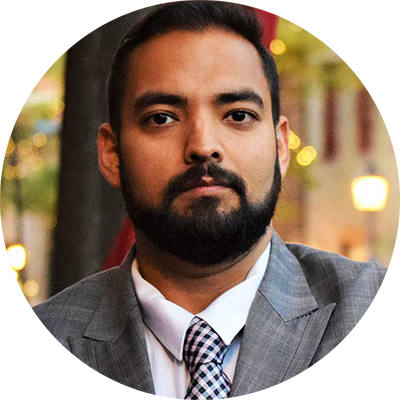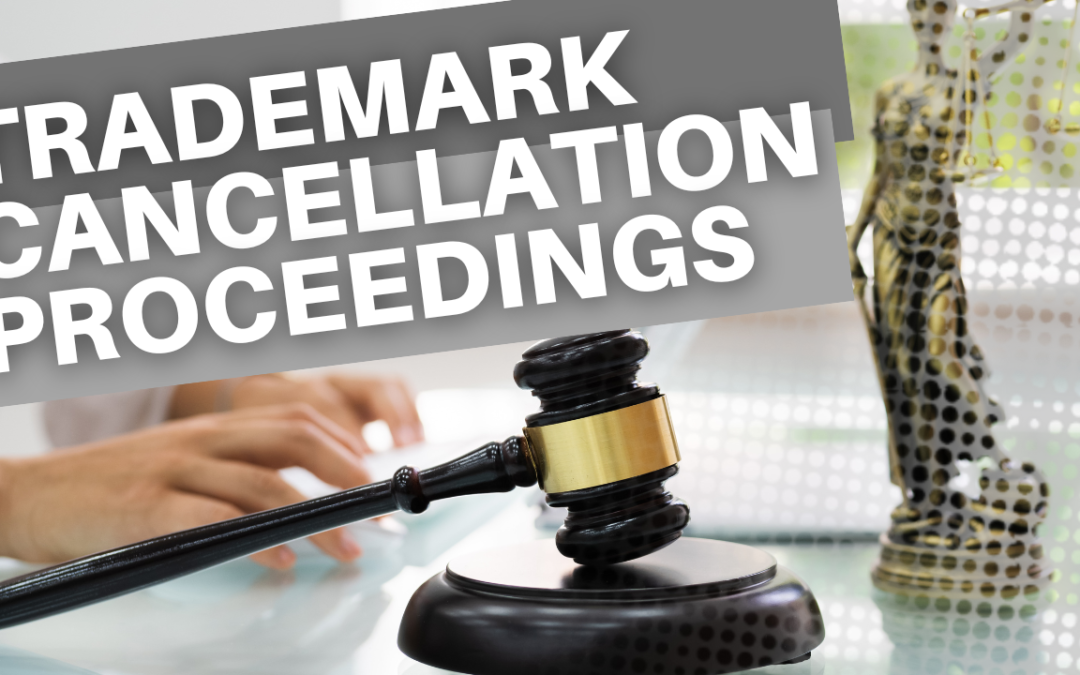To protect their brands (and the hard work that goes into creating them), businesses must register trademarks with the United States Patent and Trademark Office (USPTO). However, there are several reasons why a trademark may be cancelled – here we’ll outline the most common ones, along with some possible defences so that you can protect your trademark effectively.
Remember that every case is unique, so if you’re facing cancellation or believe your trademark is at risk, it’s best to speak with an experienced attorney.
What is Trademark Cancellation?
Trademark litigation is thorough. You need to understand the basics before you hire the right trademark attorney.
A trademark cancellation proceeding is a process to remove a registered trademark from the USPTO register for which you are required to file a petition for cancellation. This is one of the most common litigation tactics used by an opposing party to halt your trademark application from getting registered. A cancellation proceeding is filed at a Trademark Trial and Appeal Board (TTAB) at the USPTO.
Grounds To File A Petition For Cancellation
1. Abandonment
This is when a trademark owner discontinues use and displays no intent to resume the use of a trademark.
2. Genericide
A trademark is considered to be generic when the main meaning that people think of when they hear the name is the type of good or service and not the company that makes it. Lack of monitoring or use of weak branding is one of the most common reasons for a registered mark to become generic.
3. Non-use in commerce
A registered mark must be used to identify the goods and services it is registered for. For example, a shoe company must show actual sales of shoes using the registered trademark. Discontinued use of three years can be used as a basis for abandonment.
4. Likelihood of confusion
There are times when an application conflicting with an already registered trademark might slip through the cracks to registration. This is where an established brand utilizes the likelihood of confusion basis for cancelling a junior registration. Even though the TTAB can cancel a registered trademark, it cannot stop the user from using the mark. The decisions made by the TTAB are strong evidence in a trademark infringement case in a federal court.
Filing a Petition to Cancel
To begin a trademark cancellation proceeding, a petition to cancel must be filed. Take note that a petition to cancel must be filed after registration is issued. If a petition is filed before the registration, it will be rejected.
A petition to cancel a complaint must plead standing, which is any person, corporation, or other entity who believes they might be damaged by the registration of the mark. There’s no need to prove that you’ve suffered actual damages, just potential ones based on the possible registration.
The petition to cancel must also plead grounds for cancellation. A petitioner must plead one or more valid grounds listed in the Lanham Act (also known as the Trademark Act of 1946) that allows the USPTO to cancel a registered trademark. Registrations on the supplemental register can be cancelled at any time and any ground may be asserted except mere descriptiveness.
For marks registered on the principal register, the grounds depend on whether the mark is registered for less than, or more than five years. For a mark registered less than five years, any ground listed in the Lanham Act may be asserted. But for a trademark that has been registered for more than five years, the grounds are limited to only a specific view. The most important factor is whether or not there is a likelihood of confusion, and if it is just descriptive.
Strategies To Safeguard Your Trademark Registration
The phrase “trademark cancellation proceedings” is distressing for any brand owner. But there are effective defensive strategies available which, if carried out effectively, can turn the tides of the process in your favour.
Acquired Distinctiveness
One of the most common grounds to file a petition to cancel is descriptiveness. But this can be tackled on the grounds of acquired distinctiveness, which is another way to assert the registered mark. The trademark is not very unique at first, but it becomes more distinctive over time because people have started to use it in their businesses. Now it qualifies for trademark protection.
Disputing or Disproving the Petition’s Argument
Effective defensive strategies can mean the difference between a successful outcome and an unfavourable one. When responding to allegations, the defendant has two main options: making general denials or specific denials. General denials are just what they sound like – a blanket statement that refutes all of the petitioner’s allegations. Specific denials, on the other hand, are tailored responses to each allegation.
By carefully considering the allegations and evidence, the defendant can choose the best approach for their case. In some situations, a combination of both general and specific denials may be used. Ultimately, the goal is to create a strong defence that gives the defendant the best chance at a favourable outcome.
A Cancellation Counterclaim
A cancellation counterclaim can be brought against the petitioner when the standing to bring the original proceeding stems from ownership of federal trademark registration. This is where a defendant can challenge the petitioner’s trademark. They can do this by using any of the grounds allowed in the cancellation proceeding.
Conclusion
Trademark registration is the first step in your brand-building journey. You must protect the rights associated with your trademark. A sound policing and monitoring policy allows a trademark owner to effectively file and defend a petition to cancel.
Trademark cancellation can be a daunting process. However, by understanding the grounds for cancellation and the potential defences, you can make an informed decision about whether to fight a petition or simply let it go. If you’re feeling overwhelmed, don’t worry! Our team is here to help. Schedule a discovery call today and we’ll walk you through the process step-by-step.
If you need assistance in a trademark cancellation proceeding or any other trademark matters, we’d be happy to schedule a discovery call with you. During this call, we can discuss your situation in more detail and come up with a plan tailored specifically for you.
DISCLAIMER: DrishtiTalks is made available by the law firm, Drishti Law, LLC, for educational/informational purposes. The intent of DrishtiTalks is to provide a general understanding of the law and not to provide legal advice. The use of this site, commenting on posts, or sending inquiries through the site or contact email, does not confirm an attorney-client relationship between you and the Blog, DrishtiTalks, or Website publisher, Drishti Law, LLC. The Blog/Website should not be used as a substitute for competent legal advice from a licensed attorney in your jurisdiction.

Sahil Malhotra
Sahil Malhotra is an Intellectual Property Attorney, who founded Drishti (“vision”) law because of his vision in protecting dreams and ideas.
He provided individuals and small businesses with an opportunity to enhance their IP’s value by helping them register trademarks and successfully argue against office actions. In addition to his training and experience, he has been deeply involved in the multifaceted IP portfolio at UIC and continues to be associated with IP organizations and conferences.
To know more about Sahil Malhotra — Click Here
You may follow Sahil Malhotra on Facebook: Sahil Malhotra and on Instagram: @Sahil Malhotra

